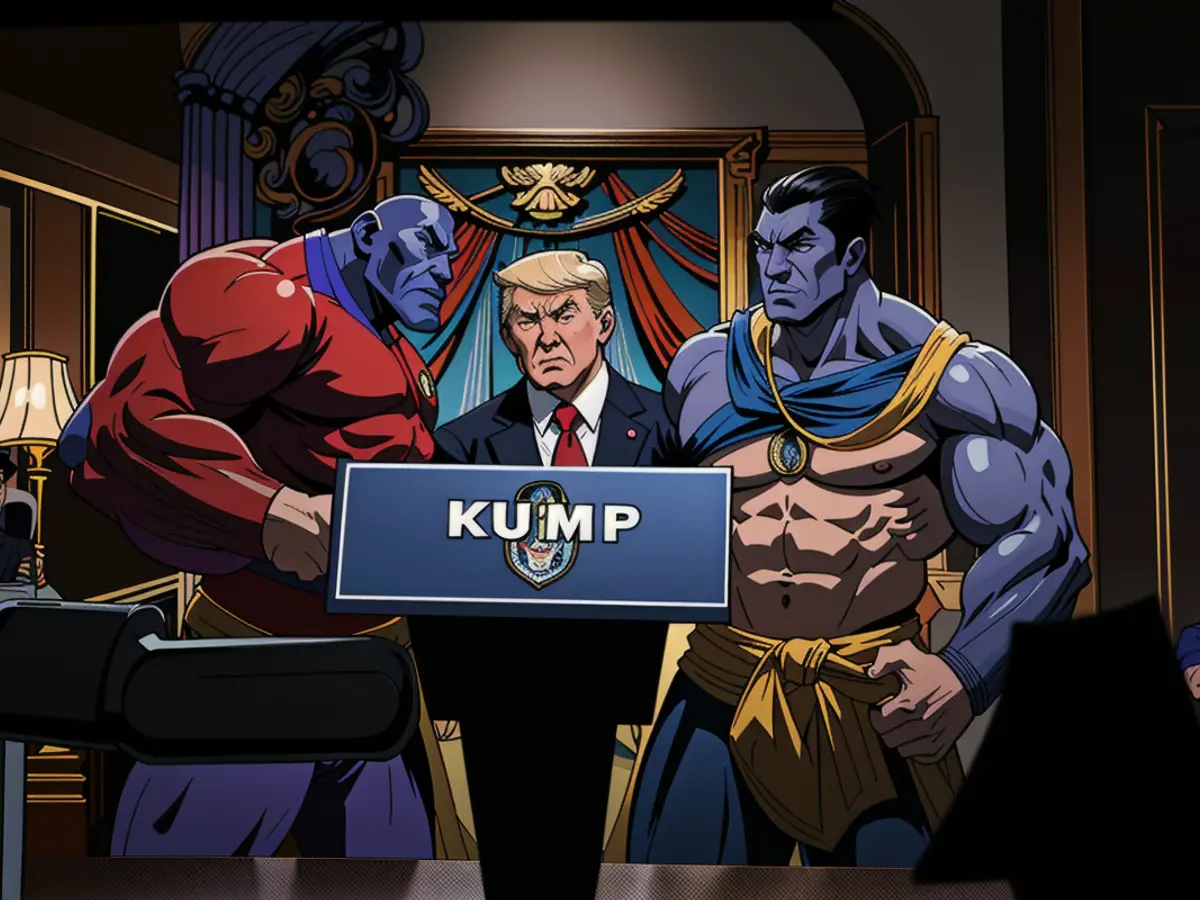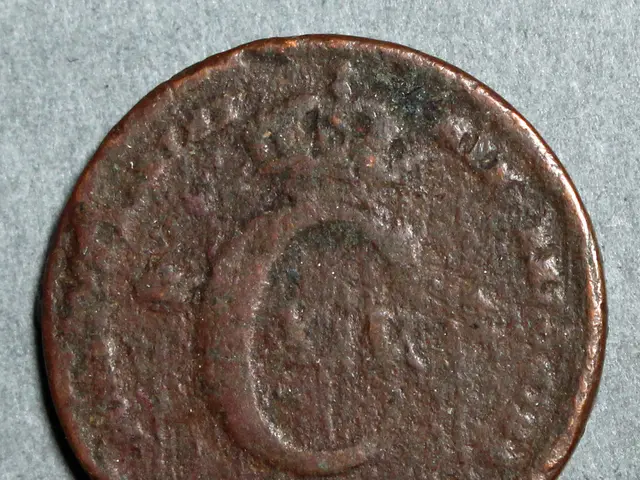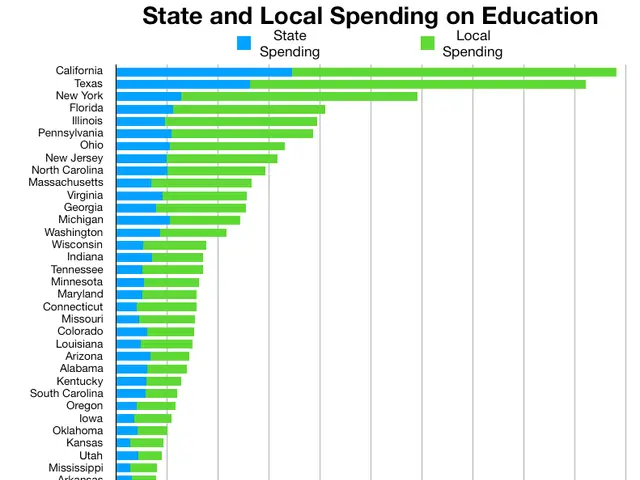In a recent development, President Trump is reportedly mulling over declaring a national economic emergency, which would grant him the authority to implement a brand-new tariff program, according to unnamed sources.
Trump could exploit the International Economic Emergency Powers Act (IEEPA) to construct a fresh tariff program, bypassing strict requirements for justification on national security grounds. This act empowers the president with extensive authority over tariffs, making it an attractive option for Trump, who values its far-reaching jurisdiction.
Multiple sources confirm discussions about declaring a national emergency, with "nothing off the table." Despite the ongoing deliberations, no definitive decision has been made yet. In the past, Trump utilized IEEPA to threaten hefty tariffs on Mexican imports over border security concerns. Although the tariffs never materialized, the looming threat induced prominent business organizations to plan legal challenges.
Trump's advisors are assessing alternative legal avenues to bolster tariffs. These include section 338 of US trade law, enabling retaliatory tariffs against countries perceived as unfair traders. Additionally, they're considering revitalizing section 301, used during Trump's first term to impose tariffs on China due to national security concerns. This provision necessitates a thorough government investigation, with affected businesses often lobbying tirelessly to avoid levies.
If Trump opted for declaring a national economic emergency, the validity of his reasoning would necessitate explanation. Recent polls indicate an increase in economic approval ratings, considering Trump's positive outlook on the economy and its potential advancement. Supporters maintain that tariffs are necessary to boost domestic manufacturing, ensuring economic and national security.
The possibility of utilizing section 301 again to impose tariffs on China for national security reasons is also being explored by Trump's advisors, given its effectiveness during his first term. If a national economic emergency is declared, the president would need to provide a detailed rationale, given the increasing approval ratings for his handling of the economy and its potential growth.
Given the current business climate, declaring a national economic emergency and implementing tariffs could significantly impact various sectors, potentially leading to business protests or legal challenges, as previously observed.




